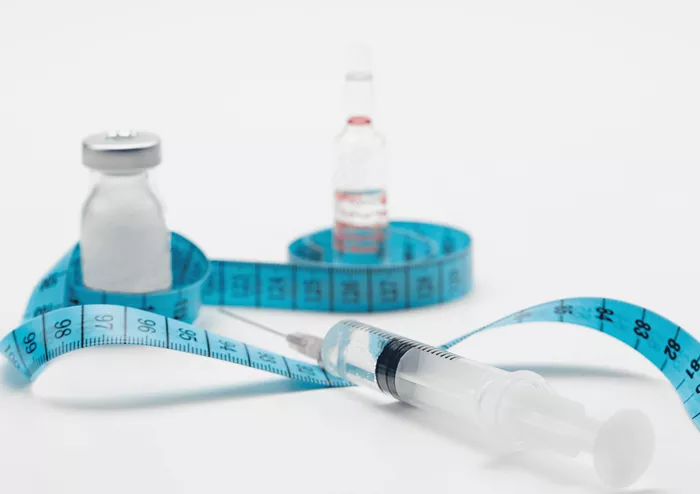May 11 (Reuters) – Eli Lilly announced on Sunday that its weight-loss drug, Zepbound, outperformed Novo Nordisk’s Wegovy in a recent trial, showing better results across five weight-loss measures, including waist circumference reduction.
In December, Lilly reported that Zepbound had already achieved its main goal, leading to 47% more weight loss than those treated with Wegovy. The full trial data was shared in a press release and presented at the European Congress on Obesity.
This trial marks the first head-to-head comparison of the two highly popular drugs. The results give Lilly a stronger position as it aims to secure broader insurance coverage in a rapidly growing obesity drug market, which is expected to surpass $150 billion annually by the next decade.
The news comes just days after CVS Health decided to drop Zepbound from some of its covered medication lists, opting instead to favor Wegovy for reimbursement.
According to Lilly, Zepbound helped nearly 25% more participants lose more than 15% of their weight compared to Wegovy. Additionally, the trial revealed that Zepbound resulted in a greater average reduction in waist circumference—18.4 centimeters (cm) compared to 13 cm for Wegovy.
Zepbound works by mimicking two gut hormones to promote weight loss, while Wegovy operates through a single mechanism.
In the U.S., both drugs received approval based on separate trials. Zepbound led to a weight loss of over 22% after 72 weeks, while Wegovy resulted in a 15% weight loss after 68 weeks.

